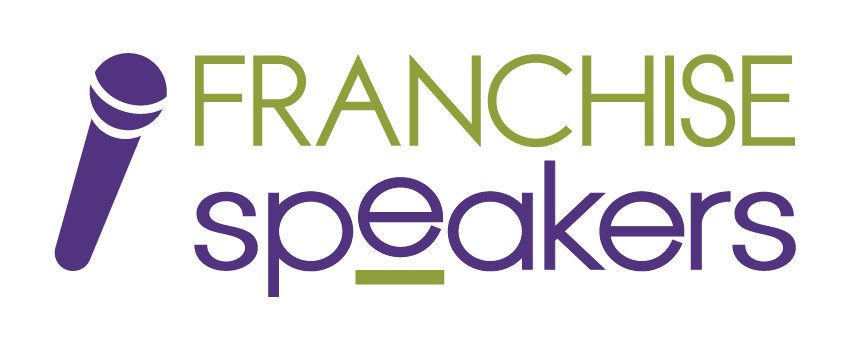To give feedback…or not to give feedback…
LOVE both the picture Greg creates (made me laugh and cringe at the same time), as well as the insights to follow. Read on…
“What are you like at receiving feedback? The truth is, when it comes to feedback most of us prefer to be givers than takers.
I once stepped onto an escalator behind a work colleague. We had both just put in three long days at a conference and were tired. He was complaining about all the things he still had to do, so I thought I’d give him some encouragement. As the escalator carried us upwards I leaned forward and said, ‘Can I give you some feedback?’
I noticed him tense up. He then jerked his head around and snarled down at me, ‘You want to give ME some feedback? Well let me give YOU some feedback!’ A barrage of abuse came rushing out of his mouth, basically about what a demanding, unreasonable jerk I was. I stammered to respond, but couldn’t get a word in. Not only had my colleague misinterpreted my intentions. I had inadvertently triggered in him what psychologist, Daniel Goleman, calls an Amygdala Hijack. This is the overwhelming angry, out of control reaction we have when someone has pushed our emotional buttons.
Why feedback hurts
The Amygdala is a little gland at the base of the brain that constantly monitors our environment for threats. And it is on a hair trigger. If it thinks we are under attack by someone or something, it first generates a freeze response (keep your head down and hope they will go away), then a flight response (get the hell out of there). If these aren’t options it generates a fight response (let ‘em have it). All this happens in a microsecond.
For the bulk of human history the most common type of attack was physical. So a quick, reflex response was needed to save us from danger. These days, attacks are more subtle. Rather than being scared that others will club us over the head and steal our food, we are fearful they will club us emotionally with criticism that steals our confidence, or that they will steal our reputation by putting us down in front of others. These attacks on our status can also activate a fast and extreme Amygdala response, like the one I had inadvertently triggered in my colleague.
 While the brain responds in the same way to an emotional attack as it does to a physical one, the pain of an emotional attack cuts deeper and lasts longer than a physical one. If I poke you in the back for being slow, you might go ‘ouch’ and push me back. Then it’s over. But if I embarrass you in front of your boss or peers you will never forgive me. Furthermore every time you think about this situation, the feelings of humiliation and shame will return.
While the brain responds in the same way to an emotional attack as it does to a physical one, the pain of an emotional attack cuts deeper and lasts longer than a physical one. If I poke you in the back for being slow, you might go ‘ouch’ and push me back. Then it’s over. But if I embarrass you in front of your boss or peers you will never forgive me. Furthermore every time you think about this situation, the feelings of humiliation and shame will return.
This raises a big challenge for dealing with feedback. What I have discovered since my incident on the escalator is, in most people, the brain treats the question ‘Can I give you some feedback?’ as a threat that is likely to trigger an Amygdala response. Indeed, neuroscience research has shown that when people are asked this question, their brain responds in a similar way to hearing footsteps coming up behind them in a dark alley!
5 ways to receive feedback positively
Most of us want to get better at what we do. And the only way this is going to happen is through feedback. So we need to ensure we are good at receiving it. Here are five things we can do to receive feedback positively.
- Assume good intentions from the person giving the feedback. They probably are trying to be helpful, even if their delivery may be a bit clumsy (as mine was).
- Be proactive and ask for feedback, rather than waiting for people to give it to you at a time when you may not want it. This will put you more in control of the process and more able to use the information creatively.
- When asking for feedback, be specific about the type of feedback you want. Are you looking for feedback on what you did well? How you can improve? Or some sort of evaluation or rating? Perhaps you want all three.
- Be curious and ask for more detailed facts and information. This will help to improve the quality of the feedback. You can then choose to do what you like with the information you have gained.
- If you find yourself getting defensive, try treating the feedback as a gift that will help you to be better, stronger, smarter and faster. Making positive responses like “Thanks for that” or “Good point” will actually reduce your defensiveness.
So what happened with my colleague on the escalator? When we got to the top I said there had been a misunderstanding, and suggested we take a break and catch up in ten minutes. By then we had both calmed down and were able to talk through the misunderstanding over a coffee. We now laugh about it, but at the time it was no laughing matter.”
Until next time,
Greg Nathan
Founder, Franchise Relationships Institute
Great, valuable information, Greg! Since honest feedback is critical to growth, cheers to listening and growing!
More soon…
Katrina
P.S. Greg’s team recently completed their Multi-Unit Summit in Australia. If you are interested in seeing the wrap-up, let me know and we’ll send over the information!



